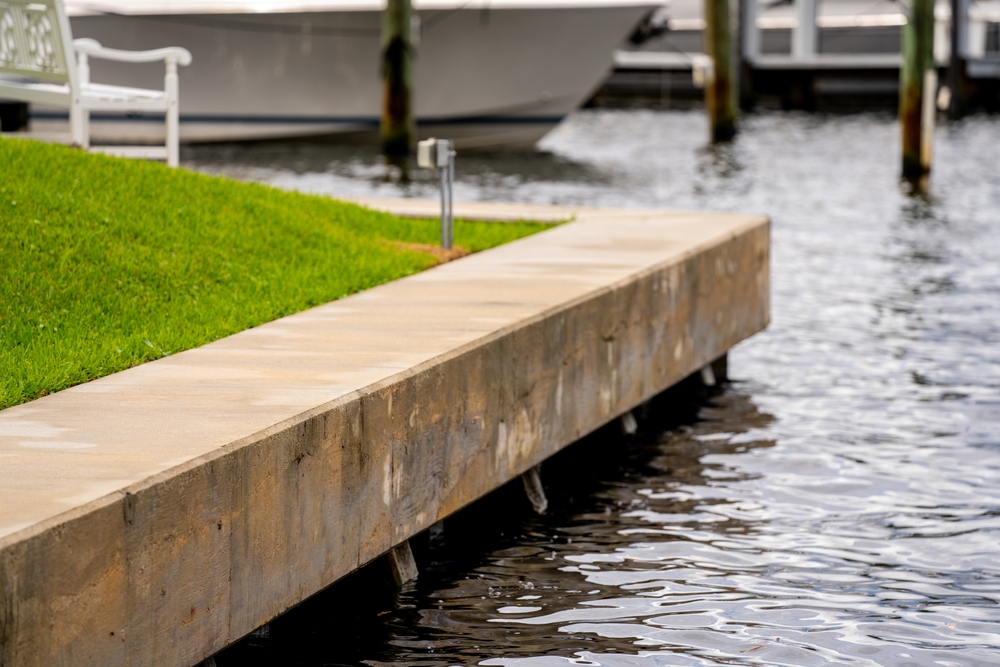Premise Liability and Duty Owed to Business Invitees

A premise liability action is a negligence action. As with any negligence action, a focus is on the duty the defendant (the landowner or possessor of real property) owes to the plaintiff. In a premise liability action, a focus is on the duty an owner or possessor owes to an invitee.
An owner owes two duties to a business invitee:
(1) the duty to use reasonable care in maintaining the property in a reasonably safe condition; and (2) the duty to warn of dangers of which the owner has or should have knowledge and which are unknown to the invitee and cannot be discovered by the invitee through the exercise of reasonable care.
Conrad v. The Boat House of Cape Coral, LLC, 46 Fla.L.Weekly D2675a (Fla. 2d DCA 2022) (citation omitted).
Typically, an owner has NO duty “to protect the invitee against dangers which are known to him, or which are so obvious and apparent that he may reasonably be expected to discover them.” Conrad, supra (quotations and citations omitted). There is an exception to this known as the obvious danger doctrine which occurs when the harm from the patent condition is foreseeable to the owner:
The obvious danger doctrine provides that an owner or possessor of land is not liable for injuries to an invitee caused by a dangerous condition on the premises when the danger is known or obvious to the injured party, unless the owner or possessor should anticipate the harm despite the fact that the dangerous condition is open and obvious.
Id. (citation omitted).
Notably, this foreseeability issue is typically a question for a jury. Id.
Additionally, even with an open and obvious danger, an owner “can still be held liable for failing to exercise reasonable care to prevent foreseeable injury to invitees. While the open and obvious nature of the hazard may discharge a landowner’s duty to warn, it does not discharge the landowner’s duty to maintain the property in a reasonably safe condition.” Id. (quotations and citations omitted).
By way of example, in Conrad, the plaintiff was a business invitee of the defendant and sued the defendant for premise liability due to his slipping and falling. The plaintiff claimed that the defendant’s seawall had a divot in its edge (piece of concrete missing) and he slipped on this when docking his boat. The defendant claimed the divot was open and obvious. The trial court granted summary judgment in favor of the defendant because the divot was open and obvious. The appellate court, however, reversed. The divot reflected a defective condition due to the failure of maintenance. While it was open and obvious, it was a question for the jury to determine whether the obvious danger doctrine applied. Moreover, the appellate court found that it was a question of fact whether the divot was a dangerous condition that should have been maintained. “Despite a hazard being open and obvious, the [defendant’s] duty to maintain its property requires it to repair those conditions that it foresees will cause a harm.” Conrad, supra, (internal citations and quotations omitted).
Please contact David Adelstein at [email protected] or (954) 361-4720 if you have questions or would like more information regarding this article. You can follow David Adelstein on Twitter @DavidAdelstein1.




